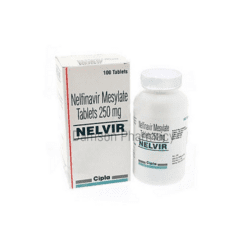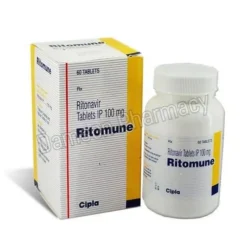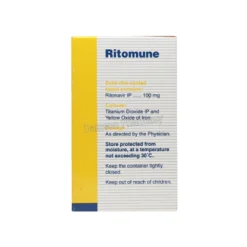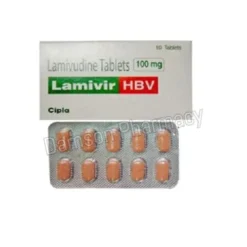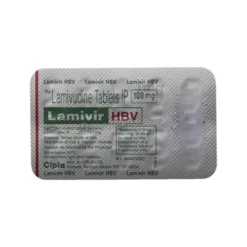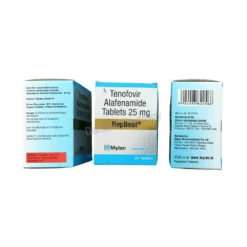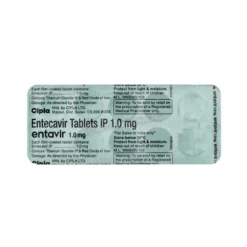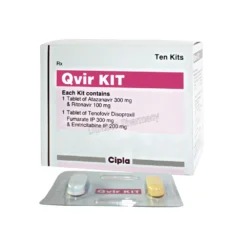HIV & Herpes
Human immunodeficiency virus HIV and herpes are two major sexually transmitted diseases that affect each other. Cutaneous rash due to herpes simplex virus-2 infection is also called HSV-2, which causes genital herpes disease. The presence of open sores strengthens the entry of HIV into the body during sexual interactions. It has been reported that HIV-infected people with weakened immunity have not only a high rate of herpetic severity but also a high frequency of onset. Although the effects of the two infections are permanent, medical intervention helps limit disease progression.
HIV & Herpes
HIV & Herpes
HIV & Herpes
HIV & Herpes
HIV & Herpes
HIV & Herpes
HIV & Herpes
HIV & Herpes
HIV & Herpes
HIV & Herpes
HIV & Herpes
HIV & Herpes
HIV & Herpes
HIV & Herpes
HIV & Herpes
HIV & Herpes
HIV & Herpes
In order to deal with HIV and herpes, you need to receive continuous medical care along with healthy choices throughout your life. People with HIV benefit from ART, and antiviral drugs such as acyclovir and valacyclovir effectively treat herpes symptoms and reduce the number of episodes. The prevention of STI needs both regular infectious disease testing with proper condom use and safe sexual practices. People who actively participate in healthcare visits and use an aggressive approach to their care can protect their health from these infections.






